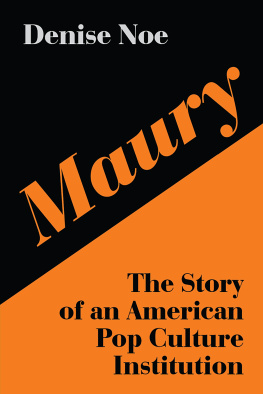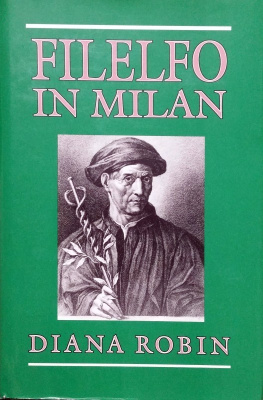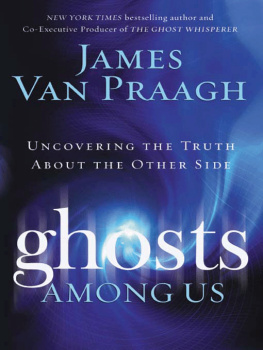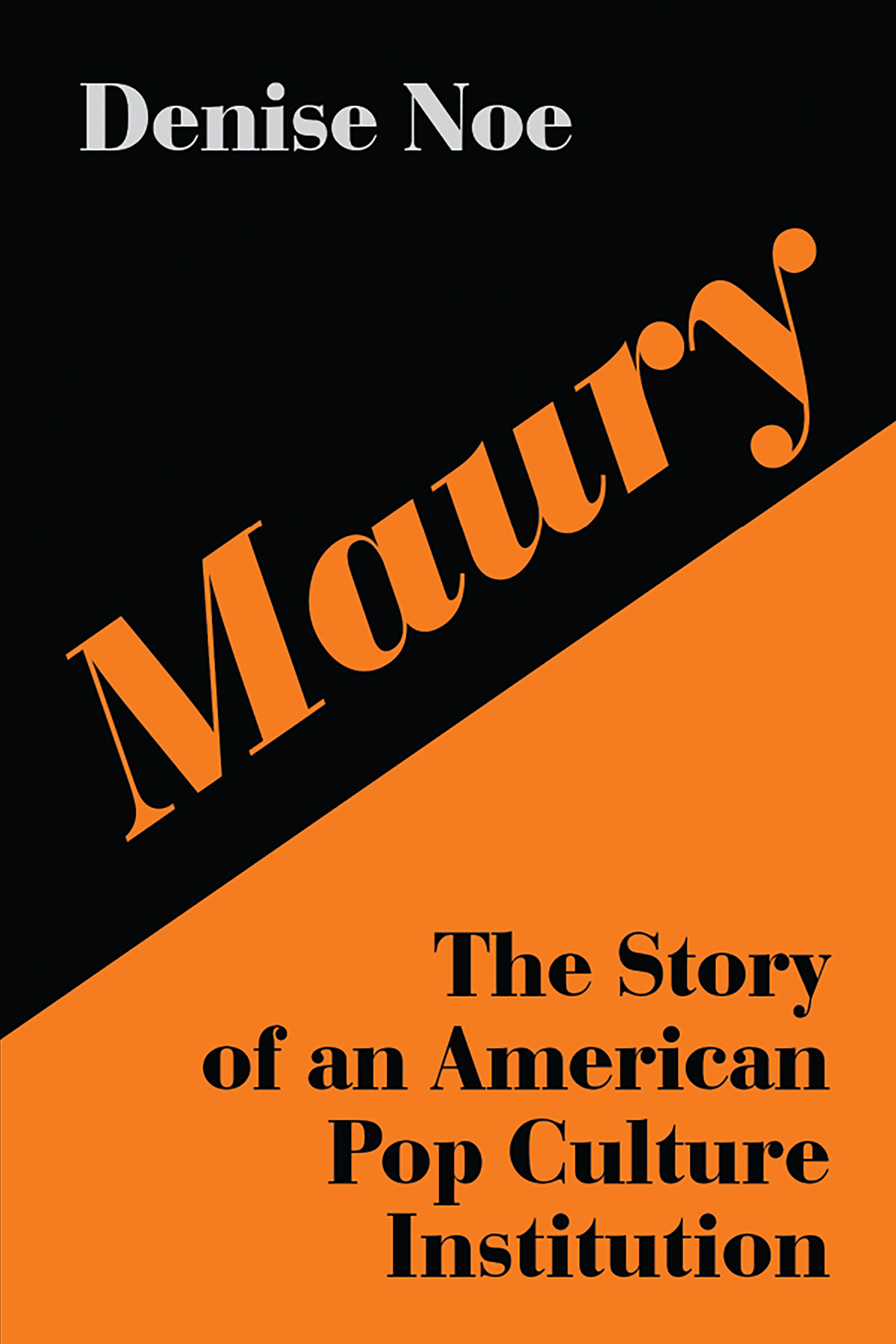Bill E. Dickerson.
The Making of a Man Called Maury
Son of a Shirley Man
I guess I was kind of born to journalism, Maury Povich has observed. It is an apt observation. Maurice Richard Povich was born on January 17, 1939 in Washington, D.C. His dad was famous sportswriter Shirley Povich. His mom was Ethyl Povich. Maury was the middle of three children born into that marriage.
It was indeed fine luck to be the child of the illustrious Shirley Povich. Shirley had been born on July 15, 1905 to Lithuanian Jewish immigrants Nathan and Rosa Povich, owners of a successful furniture store in Bar Harbor, Maine. Shirley was a name mostly given to males during the early 1900s. As an adult, Shirley Povich recalled that, when a child, he had known four other male classmates with the name.
An article by Ralph Berger on the Society for American Baseball Research website states that when Shirley was a youth, he caddied at the country club in Bar Harbor for two years for Ned McLean, owner of the Washington Post. McLean took a liking to Shirley and saw in him a bright and intelligent person. McLean invited Povich to attend his alma mater, Georgetown University, at his expense. When Shirley arrived in Washington, D.C., the already well-experienced caddy caddied for McLean and for President Warren G. Harding.
In 1923, Shirley became a copy boy for The Washington Post. Povich called his link with The Washington Post one big love affair because the newspaper would be such a strong and positive part of his life. Young Shirley Povich learned the newspaper business quickly and soon advanced to police reporter and rewriter. In 1924, he began writing sports stories. Decades later, for an article published in The Washington Post in 1995, the elderly Shirley Povich fondly remembered, I was so excited. My first byline. I could have waited for the page proofs to see it, but I didnt. I went to the composing room downstairs, ran my hands over it on the cold type to make certain it would be there when the paper was printed.
In 1926, he was promoted to sports editor; at 21, he was the youngest sports editor in America. That same auspicious year, he began writing a column entitled This Morning with Shirley Povich.
A man with a high forehead, long nose, and thin lips, Shirley typically wore his dark hair parted to the side and slicked back. He enjoyed success of a personal nature in 1932 when he married Ethyl Friedman. The couple had met on a blind date.
In 1933, Povich relinquished his job as sports editor to devote more time and energy to his column that had become very popular with the sports-loving segment of the public. A 1997 Washington Post article states that columnist Bob Consodine was both friend and early Povich protg. The piece notes that Consodine lauded Povich for possessing an absolute command over that most formidable of foes, the declarative sentence. An especially poignant example of that command appeared in the Povich column after Lou Gehrig made his July 4, 1939 farewell speech at Yankee Stadium. I saw strong men weep this afternoon, expressionless umpires swallow hard and emotion pump the hearts of and glaze the eyes of 60,000 baseball fans in Yankee Stadium, Shirley Povich wrote. Yes, and hard-boiled news photographers clicked their shutters with fingers that trembled a bit.
Another example of that mastery one with a much happier and brighter tone appeared after Don Larsen pitched a perfect game in the 1956 World Series: The million to one shot came through. Hell froze over. A month of Sundays hit the calendar. Don Larsen pitched a no-hit, no-run, no man reached first base in a World Series.
Shirley Povich was an early proponent of ending racism in sports. Berger writes, in 1941, he went to Florida and watched several Negro League teams. He felt that many were better than many current major league players and many were just as good.
When World War II broke out, Shirley Povich, like the famous Ernie Pyle, became a war correspondent in the South Pacific. Berger states, He spent some time with Pyle and was scheduled to accompany him to the island of le Shima in the Okinawa prefecture of Japan, but he broke several ribs due to air-turbulence while flying. Pyle lost his life to a sniper at le Shima.
After reporting on the famous battles of Iwo Jima and Okinawa, Shirley Povich returned to the U.S. at the end of 1945. With World War II over, he went back to covering sports. In 1947, the longtime advocate against racism was gratified to learn that the major leagues signed up the African American Jackie Robinson. Four hundred and fifty-five years after Columbus eagerly discovered America, major league baseball reluctantly discovered the American Negro, the sports columnist wrote.
The popular sportswriter enjoyed fans among the highest echelons of society. A Washington Post article reported that President Dwight D. Eisenhower, who always insisted The Post was too liberal for his taste said he was a huge fan of Povichs. Vice-President Richard Nixon told Post publisher Phil Graham, Shirley Povich is the only reason I read your newspaper.
Shirley Povich received many honors throughout his illustrious career. He earned the National Headliners Award in 1947. In 1955, he was President of the Baseball Writers Association of America. In 1957, Povich won the E. P. Dutton Prize. He won the Grantland Rice Award for sports writing in 1964, the J.G. Taylor Spink Award from the Baseball Hall of Fame in 1975, and the Red Smith Award in 1983.
That Shirley was transitioning during this period from a name that could be that of a person of either gender to one associated specifically with females was the cause of his receiving a singularly odd honor in 1961: Shirley Povich was included in Whos Who of American Women. The error was discovered so he did not make a reappearance in the 1962 volume or any subsequent one.
After Shirley Povich officially retired from The Washington Post in 1974, he continued to contribute occasional pieces to that newspaper. In May 1995, Washington Post publisher Donald Graham held a special luncheon to honor Povich for the 75th anniversary of his employment at the newspaper.
Photographs of Shirley as a senior citizen show that his hair was gray for many years before turning all-white. In his seasoned years, he often wore eyeglasses that were sometimes wire-rimmed and sometimes horn-rimmed. The talented and prolific journalist remained active well into his sunset years and often attended sporting events with wife Ethyl by his side. He enthusiastically described Ethyl as my favorite girl and a wonderful example to us all. He died of a heart attack on June 4, 1998, just a few weeks shy of what would have been his 93rd birthday, leaving as survivors wife Ethyl, sons David and Maury, and daughter Lynn.









